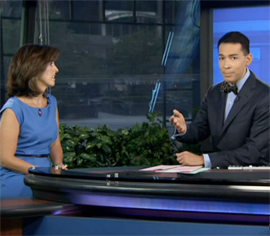Glad they didn’t ask us to help with archery!
by Beth Finke
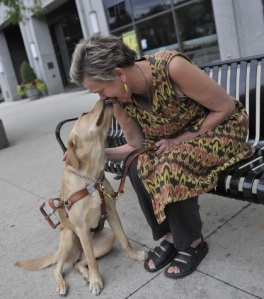 A blog post my colleague Patricia Wright wrote last month explained the “Outside In” employee volunteering program Easter Seals recently started. Outside In gives Easter Seals headquarters employees up to a week of on-the-clock (paid!) time to volunteer for another non-profit organization. The idea is that we’ll be exposed to and learn what’s going on “outside” of Easter Seals … and bring new ideas from the experience back “in.”
A blog post my colleague Patricia Wright wrote last month explained the “Outside In” employee volunteering program Easter Seals recently started. Outside In gives Easter Seals headquarters employees up to a week of on-the-clock (paid!) time to volunteer for another non-profit organization. The idea is that we’ll be exposed to and learn what’s going on “outside” of Easter Seals … and bring new ideas from the experience back “in.”
Patricia is the National Director of Autism Services here at Easter Seals, and she used her Outside In hours to work with a non-profit organization called The Five Project to help train people with autism in Shaanxi, China.
Public Relations Coordinator Rachel Talen volunteered in El Salvador with an organization called ENLACE, and she wrote a post about the special little girl she met while helping build a road for farmers to transport crops and allow kids to walk to school safely.
My Seeing Eye dog Whitney and I are going to take advantage of the program, too, but we’re sticking a bit closer to home. Through next Monday, the Rehabilitation Institute of Chicago (RIC) and the Wounded Heroes Foundation are sponsoring a sports camp in Chicago that’s specially designed for injured military personnel with physical disabilities. From the RIC Life Center web site:
Elite level coaches will teach wounded veterans a variety of sports, including sitting volleyball, archery, sled hockey, power lifting, wheelchair basketball, judo, kayaking, tennis, rowing, cycling, field, and swimming.
The crisis we face meeting the needs of our soldiers can seem overwhelming. Easter Seals is the largest provider of disability-related services to individuals with disabilities and their families, and we offer support for service members and veterans.
The sports camp seemed an appropriate place to volunteer, so I wrote the volunteer coordinator at RIC to let him know I was interested. I explained that I am blind and use a Seeing Eye dog, and warned that he might not want to enlist me to help at the archery range.
RIC wrote back with all sorts of ideas, finally settling on having us help with Food/Hydration/General Assistance. I’m looking forward to camp, especially after reading this little tidbit on the volunteer orientation information they sent out last week:
HAVE FUN! Sure, we all have a job to do, but who says we can’t have fun while doing it?! This camp is a great opportunity to show how much we appreciate those who serve our country. Feel free to mingle with the athletes and get to know them a bit.
And gee, as much as I hate to miss our weekly hour-long department meeting at work next Monday, I think somehow my dog and I will manage to have fun at camp. Let’s just hope I can stop Whitney from fetching the tennis balls and jumping into Lake Michigan to chase the kayaks.







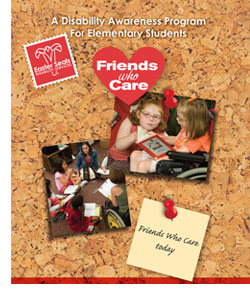
 A lot of our Easter Seals affiliates have long traditions of offering summer camps. From overnight camp experiences to day camps, our programs give families needed respite and support so that they can continue to provide for loved ones.
A lot of our Easter Seals affiliates have long traditions of offering summer camps. From overnight camp experiences to day camps, our programs give families needed respite and support so that they can continue to provide for loved ones.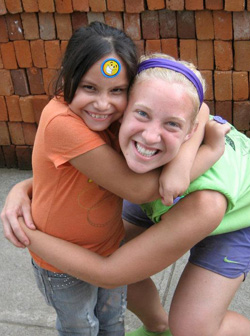 Patricia Wright’s
Patricia Wright’s 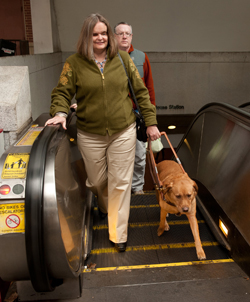 I am pleased to introduce Donna Smith, director of training for
I am pleased to introduce Donna Smith, director of training for 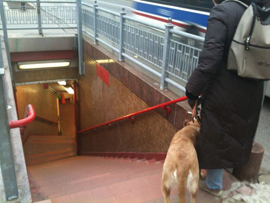 If you’re sitting on the edge of your seat waiting to hear how my life has changed since I
If you’re sitting on the edge of your seat waiting to hear how my life has changed since I 